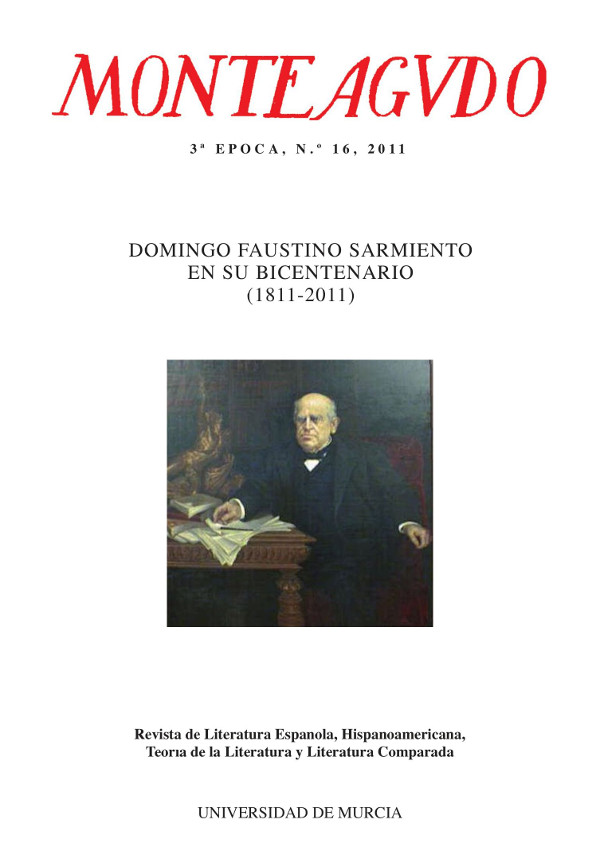Egolatría, alteridad y estrategias autobiográficas en la prosa de Sarmiento
Abstract
Just like Borges, Sarmiento writes again and again his autobiographical epic tale, from his early and passionate leaflet Mi defensa (1834) and the autobiography Recuerdos de provincia (1850) that, more calmly although always imbued with passion, inscribes his character in the genealogy of illustrious men who served the motherland; to his Memoirs written in the 1880s. As an old man, he remembers and rewrites emblematic episodes such as his famous article around the Cacabuco events published in El Mercurio on February 11 1841. My piece of work aims to show how the rewriting of the same event is manipulated around already decided goals (justifying a military career or rescuing his humanitarian heroic deeds). I also intend to show how the choice of a specific point of view (first / third person) determines the results—biography or autobiography—always stemming from the same narrative matter.Downloads
Download data is not yet available.
Metrics
Views/Downloads
-
Abstract184
-
PDF (Español (España))97
Caballero Wangüemert, M. (2011). Egolatría, alteridad y estrategias autobiográficas en la prosa de Sarmiento. Monteagudo. Revista De Literatura Española, Hispanoamericana Y Teoría De La Literatura, (16), 17–30. Retrieved from https://revistas.um.es/monteagudo/article/view/231151
Artículos
The works published in this journal are subject to the following terms:
- The Publications Service of the University of Murcia (the publisher) retains the property rights (copyright) of the published works, and encourages and allows their reuse under the license of use indicated in point 2.
© Publications Service, University of Murcia, 2011
- The works are published in the electronic edition of the journal under a Creative Commons Attribution-NonCommercial-NoDerivatives 3.0 Spain license (legal text). They may be copied, used, distributed, transmitted and publicly displayed, provided that: i) the authorship and the original source of their publication (journal, publisher and URL of the work) are cited; ii) they are not used for commercial purposes; iii) the existence and specifications of this license of use are mentioned.







